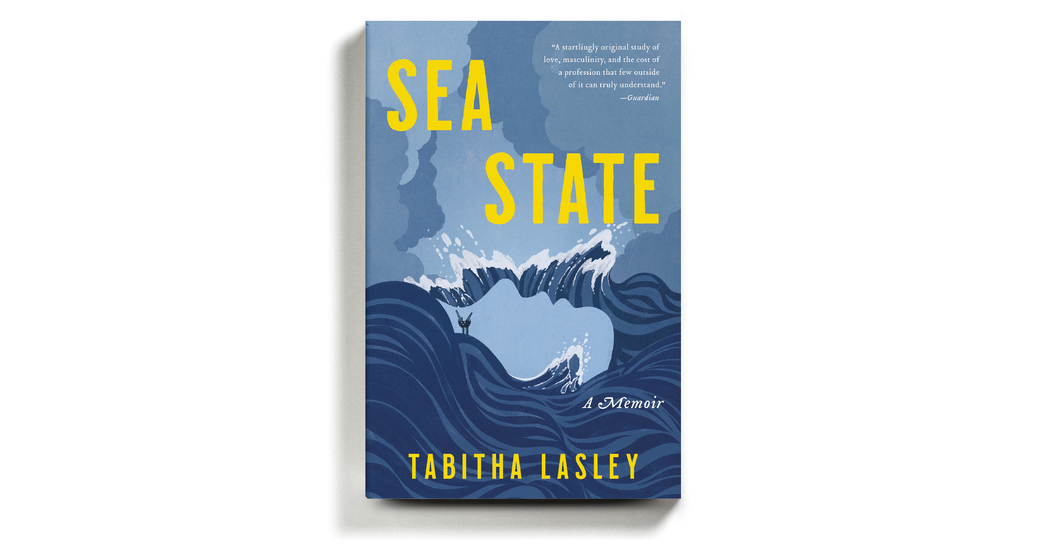
Oil fascinates Lasley because it offers a cheat code for the game of economic ascent, being one of the few avenues for handsomely paid (and legal) blue-collar opportunity in her country. She’s met a few oil workers before: They drive flashy cars, wear expensive clothes, cover themselves in tattoos and snort the finest cocaine in all of the land. “The sort of people you’d want at a house party, provided the house wasn’t yours,” she writes.
Trouble starts approximately one instant after Lasley steps off the plane in Scotland. She notices a man at the airport, pale and compact with freckles across the bridge of his nose. He lugs the telltale kit bag of the oil worker. “I’m looking for men like you,” Lasley says, sizing him up as a prime interview subject. The man, who turns out to be the lucky future recipient of her selfies, refuses to give her his phone number, citing the fact that he is married. But he finds a way to meet up with her anyway, and they’re soon drinking, and chemical signals are exchanged. The chapter ends with a hotel room scene that would be rated TV-MA for “strong sexual content” if it appeared on Netflix.
What was meant to be one sort of book — a systematic inquiry into the extraction of oil — zags for a time into a predictably doomed romance. Caden, at 30, is four years younger than the author, but he is also more fully equipped with the accessories of adulthood: wife, children, steady job and, inexplicably, eight televisions. The two fall in love and, to Lasley’s surprise, Caden offers to leave his wife, in a suggestion that arrives via text message:
“What do u think about us being properly together???”
To which Lasley writes back: “Ok.”
I dare you to conceive of a scenario less romantic. (Food poisoning? Cleaning the litter box?) Almost as quickly as the affair begins, it crumples under the weight of divorce logistics. What appeared to be a simple math equation (man plus woman minus inconvenient wife equals happiness) becomes one of those fiendish LSAT logic questions. Rather than pick up his solving pen, Caden dumps the author and returns to his wife. Which is when the book finally gets good.
Whatever alleged charms Caden might have had in real life, he comes across on the page as a preening dummy — a leaver of slurred voice mail messages, a teller of obvious fibs and a person whose hobbies are limited to shopping and complaining. With him out of the way, Lasley returns to her initial obsession: grilling plumbers, scaffolders and platers about their jobs. Some work on drill rigs — the mobile units designed to actually drill wells — and others work on platforms, which are set over the wells to extract and process oil.
They tell her about occupational hazards large and small. The small hazards pertain to the realities of squeezing dozens of men into remote enclosed spaces. To prevent feuds and bickering, each man must observe a hundred microscopic courtesies over the course of his day: leaving the toilet seat unmarked, wiping the grime of his stubble from a sink basin after shaving, tactfully scheduling moments of privacy in shared cabins.




